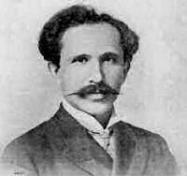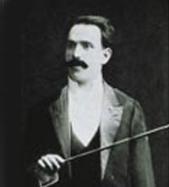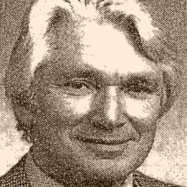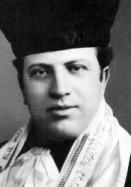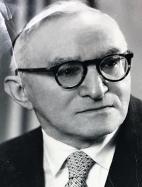(383 results found)
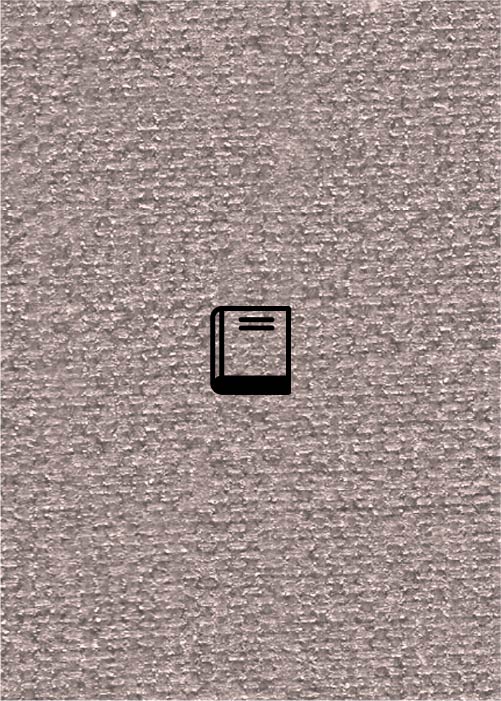
, Der vaser gezang : on drama and musical interpretation in Aaron Zeitlin’s play Jacob Jacobson.
… Theatre … 34330 … 161-172 … Tel-Aviv … … 2008 … Kabbalah … Yiddish … Nahman of Bratslav … , Der vaser gezang : on drama …

Fun mayn verterbikhl (from my dictionary) - Mitsve Tants
… Online version … 3 … Yiddishe Shprakh … Yiddishe Shprakh … 34266 … 29 … New York … … 1955 … Dance … Dictionary … Mitsve tants … Wedding … Wedding music … Yiddish … Ashkenazi … Isaac Rivkind … Fun mayn verterbikhl …

Yiddish Folk Songs from Galicia
… Research Center Studies … … 1971 … Folk songs … Folklore … Yiddish … Shmuel … Galicia … Pipe, Shmuel Zanvel … Eastern Ashkenazi … Dov Noy … Shmuel Zanvel Pipe … Yiddish Folk Songs from Galicia …
Morris Rosenfeld
… and editor of a quarterly journal of literature (printed in Yiddish) entitled ' Jewish Annals '. Rosenfeld was … were adapted into Hebrew and became popular in Israel: The Yiddish poem ' Galut March ' became to ' Po Beeratz Hemdat … 1923, in New York City. Source: The Jewish Encyclopedia . … Yiddish poet … 0 … Yiddish songs … Hebrew song … USA … …
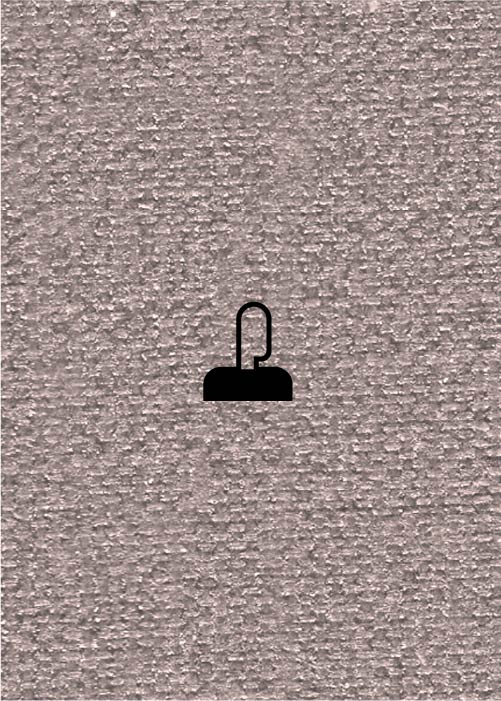
Ruth Rubin
… and singer … Researcher … Folklore … Author … Singer … Yiddish … Ruth Rubin …
Joseph Rumshinsky
… Full biography in Milken Archive. … Yiddish theater composer & conductor … Composers … 0 … Composer … Conductor … Yiddish … Theater … Joseph Rumshinsky …
Avraham Soltes
… love- songs, Ladino prayer- songs, American folksongs, Yiddish lullabies, and Hebrew melodies; to his creative …

Moishe Teitsh
… Moishe Teitsh was a Yiddish poet and lecturer. He wrote also in journals and newspapers. Full biography from the 'Lexicon of the Yiddish Theatre'. … Yiddish journalist, poet and novelist … Yiddish songs … …
Mordechai Yardeni (Motl Sherman)
… Forverts' . At the same time, the Philadelphia newspaper ' Yiddishe Welt' began to publish his musical and theatrical … He also published collections of articles: Interviews mit Yiddish Schreiber (Interviews of Jewish writers), … three-volume Wort un klang (Word and sound), 50 yur Yiddish gezang in America (50 years of Jewish song in …
Meir Shimon Geshuri
… acquainted with a vast array of popular and traditional Yiddish songs, as well as, later on, the new “rebirth” songs … Poland and Belarus (formerly Brest-Litovsk,Brisk De-Lita in Yiddish). However, Geshuri’s life, as those of many young … call this melody “The Wailing Mother” (“Ha’em hameqonenet”; Yiddish: “Di klog muter”) and “Mr. Kum breathed into it a …



